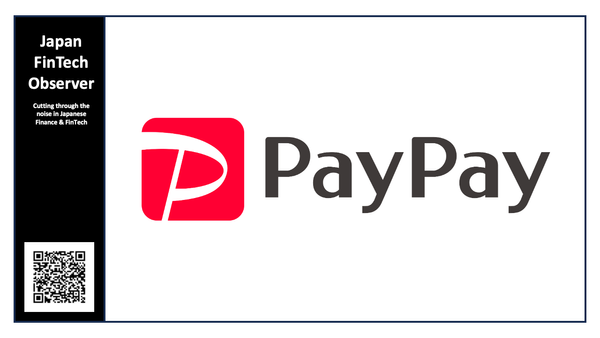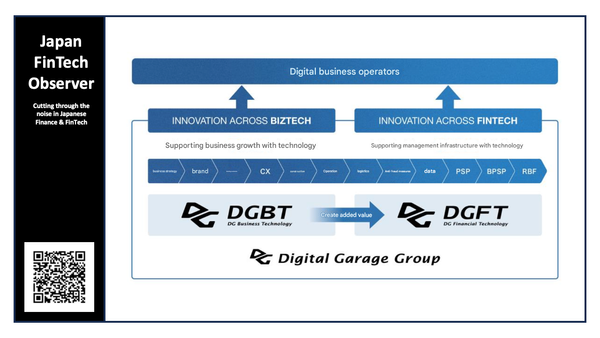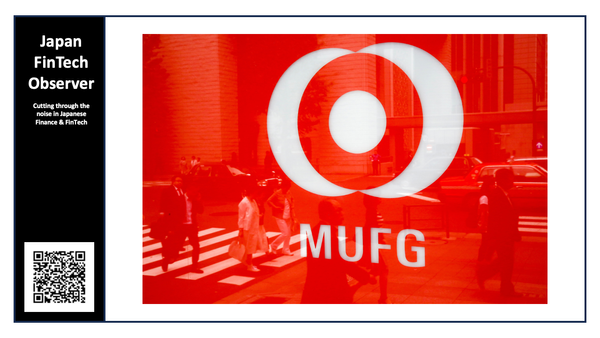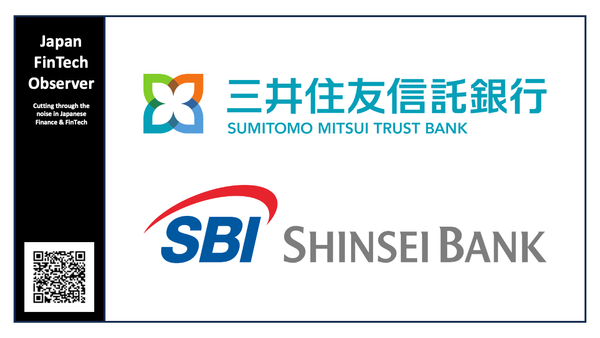FSA contemplates cryptocurrency brokerage license
The Japanese Financial Services Agency (FSA) is exploring the creation of a new regulated entity specifically for cryptocurrency…
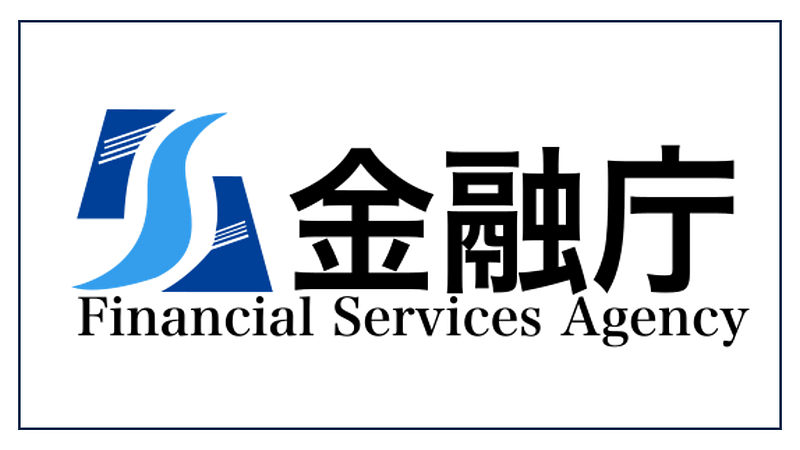
The Japanese Financial Services Agency (FSA) is exploring the creation of a new regulated entity specifically for cryptocurrency brokerages. Currently, any entity facilitating crypto transactions is subject to the same regulations as full-fledged exchanges, even if they only perform intermediary services. The FSA recognizes that this may stifle innovation and be an unnecessarily high barrier to entry for businesses that pose less risk to consumers.
The proposed “Crypto-asset and Electronic Payment Means Brokerage” category aims to address this, with the following proposed for further discussion during the Financial System Council’s “Working Group on Fund Settlement Systems” held on November 21, 2024:
- Limited Scope: These brokerages would only connect buyers and sellers of crypto assets. They would not hold customer funds, manage wallets, or engage in proprietary trading. This significantly reduces the potential for fraud, mismanagement, and other risks typically associated with crypto exchanges.
- Tailored Regulations: Instead of being burdened by the full weight of exchange regulations, these brokerages would operate under a lighter regulatory framework specifically designed for their limited scope of activities. This would streamline compliance and encourage market entry for new businesses.
- The Affiliation System (Proposed): To ensure user protection, the FSA is considering requiring these brokerages to be affiliated with a licensed and existing crypto-asset exchange or electronic payment institution. This “parent” organization would be responsible for (I) Oversight: Supervising the brokerage’s activities and ensuring compliance with regulations; (II) Guidance: Providing training and support to the brokerage; and (III) Liability: Should the brokerage cause financial harm to a user (e.g., through negligence or misconduct), the affiliated institution would be liable for the damages. This creates a strong incentive for careful selection and supervision of brokerages.
- Alternative to Affiliation: If the affiliation system is not adopted, the FSA is considering an alternative model. This would involve (I) Service Restrictions: Limiting the types of services the brokerage can offer; and (II) Financial Guarantees: Requiring the brokerage to provide a security deposit, a surety bond, or professional liability insurance to compensate users in case of losses.
- Rationale: By implementing either the affiliation system or the alternative, the FSA aims to strike a balance between fostering innovation in the crypto market and protecting consumers from potential harm. The lighter regulatory burden and clear rules of engagement are intended to attract more legitimate businesses into the crypto space, while the oversight and liability provisions aim to deter bad actors and provide recourse for users if things go wrong.
This proposal is still under discussion. The FSA is seeking input from industry stakeholders and experts before making a final decision on the specific regulations and requirements for this new brokerage category.
Please follow us to read more about Finance & FinTech in Japan, like hundreds of readers do every day. We invite you to also register for our short weekly digest, the “Japan FinTech Observer”, on Medium, on LinkedIn, or on Substack.
We also provide a daily short-form Japan FinTech Observer news podcast, available via its Podcast Page. Our global Finance & FinTech Podcast, “eXponential Finance” is available through its own LinkedIn newsletter, or via its Podcast Page.
Should you live in Tokyo, or just pass through, please also join our meetup. In any case, our YouTube channel and LinkedIn page are there for you as well.

